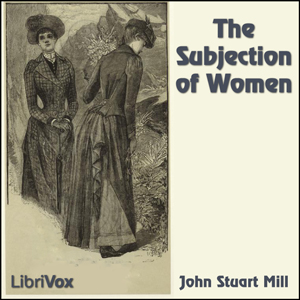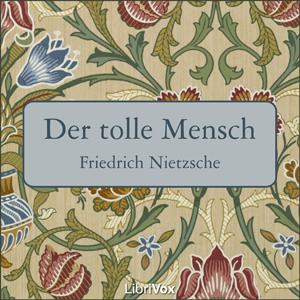- Non Fiction
- War & Military
- Animals
- Art, Design & Architecture
- Bibles
- Biography & Autobiography
- Business & Economics
- Crafts & Hobbies
- Education
- Essays & Short Works
- Family & Relationships
- Health & Fitness
- History
- House & Home
- Humor
- Law
- Literary Collections
- Literary Criticism
- Mathematics
- Medical
- Music
- Nature
- Performing Arts
- Philosophy
- Political Science
- Psychology
- Reference
- Religion
- Science
- Self-Help
- Social Science (Culture & Anthropology)
- Sports & Recreation
- Technology & Engineering
- Travel & Geography
- True Crime
- Writing & Linguistics
- Religious
- Poetry
- Short Stories
- Children's Fiction
- Plays
Genres
- Non Fiction
- War & Military
- Animals
- Art, Design & Architecture
- Bibles
- Biography & Autobiography
- Business & Economics
- Crafts & Hobbies
- Education
- Essays & Short Works
- Family & Relationships
- Health & Fitness
- History
- House & Home
- Humor
- Law
- Literary Collections
- Literary Criticism
- Mathematics
- Medical
- Music
- Nature
- Performing Arts
- Philosophy
- Political Science
- Psychology
- Reference
- Religion
- Science
- Self-Help
- Social Science (Culture & Anthropology)
- Sports & Recreation
- Technology & Engineering
- Travel & Geography
- True Crime
- Writing & Linguistics
- Religious
- Poetry
- Short Stories
- Children's Fiction
- Plays
- eBooks
- Subjection of Women
Subjection of Women
(0 User reviews)
329
John Stuart Mill
1862
English
Chapter 1, Part 1
00:00 / 00:00
- Chapter 1, Part 1
- Chapter 1, Part 2
- Chapter 1, Part 3
- Chapter 2, Part 1
- Chapter 2, Part 2
- Chapter 3, Part 1
- Chapter 3, Part 2
- Chapter 3, Part 3
- Chapter 4, Part 1
- Chapter 4, Part 2
The Subjection of Women is the title of an essay written by John Stuart Mill in 1869, possibly jointly with his wife Harriet Taylor Mill, stating an argument in favor of equality between the sexes. It offers both detailed argumentation and passionate eloquence in opposition to the social and legal inequalities commonly imposed upon women by a patriarchal culture. Just as in "On Liberty," Mill defends the emancipation of women on utilitarian grounds, convinced that the moral and intellectual advancement of women would result in greater happiness for everybody.
(Summary from Wikipedia)
(Summary from Wikipedia)
There are no reviews for this eBook.
0
0 out of 5
(0 User reviews )
There are no comments for this eBook.
You must log in to post a comment.
Log inRelated eBooks
By using our site you agree to our use of cookies to deliver a better site experience.











